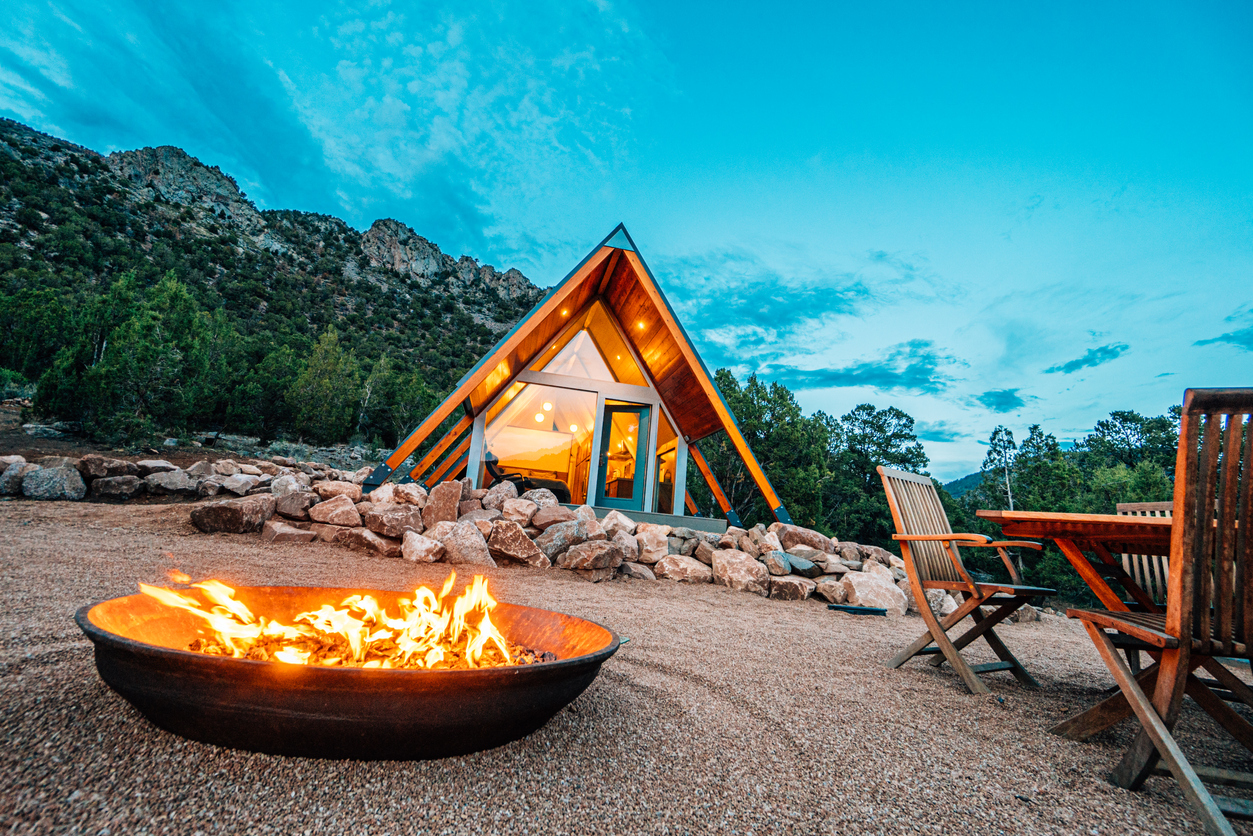
Do people regret living in tiny houses? If your business is thinking about investing in tiny home real estate purchases or tiny house Home Insurance, you may have been thinking about this very question. Tiny homes have been exploding in popularity in recent years thanks to their lower prices, their easy maintenance requirements, and their suitability for minimalist lifestyles. However, before you take the plunge and make a business investment, it’s important to understand the pros and cons of tiny homes, as well as the sorts of clients who might find that tiny house living is right for them. Is it worth living in a tiny house and investing in this new category of real estate? Keep reading to find out.
Tiny Homes Require Less Maintenance, Cleaning, and Sweat Equity
One of the main reasons tiny homes have gained appeal among younger demographics, as well as among retirees, in recent years is because they generally don’t require as much physical work as larger homes do. Although your company may still need to spend a little time making repairs to the homes before reselling them or renting them out, there are still several advantages to purchasing a smaller-sized home. These include:
- A smaller space to clean
- Less maintenance
- Lower home insurance costs
- Generally less “sweat equity” to fix up the home
They May Be Cheaper To Purchase and Gain Resale Value Quickly
Tiny homes offer buyers and investors a very low bar to entry, which makes them appealing for smaller companies or first-time homebuyers. They’re often cheaper to purchase than larger homes, but may still offer top-notch resale potential. When your company purchases one or more tiny homes, you may be able to benefit from:
- Low initial investment
- Strong appreciation potential
- A high likelihood of a quick resale in the future
They Offer Limited Space and May Come With Certain Legal Entanglements
Despite the numerous advantages of purchasing tiny homes, there are a few cons to be aware of as well. For example, if your business plans to rent out the homes, be prepared for certain renter complains, such as cramped space. Additionally, tiny homes may come with a few legal issues that aren’t generally a concern for larger properties. Some top concerns to be aware of when buying tiny homes include:
- Potentially inadequate living space
- Vulnerability to major weather events and natural disasters
- Needing licenses to build the home on small plots
- Having to avoid classification as a camper or recreational vehicle
Whether your company is in the Home Insurance business or the real estate business, you may have developed an interest recently in investing in tiny homes. This home type has become more and more popular, and could make a strong investment for the right company and the right clients. Before your company buys up tiny homes in your area, consider these key points to determine whether tiny house living is right for your clients, and whether it’s the right investment for your business.
About Provident Protection Plus
At Provident Protection Plus, we have served the businesses and residents of New Jersey, New York, and Pennsylvania for more than 60 years. We are a wholly-owned subsidiary of Provident Bank, the region’s premier banking institution, and we are prepared to offer you personal, business, employee benefits, and risk management solutions. To learn more about our coverage options, contact our specialists today at (888) 990-0526.



